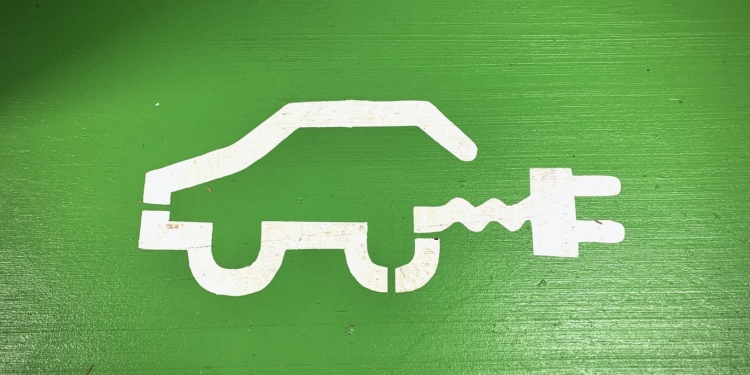Thailand is boldly aiming to only sell zero-emission vehicles in the country by the year 2035. The move to go fully electric means that the current automotive industry must now transition to full EV manufacturing while promoting consumers to switch to EV vehicles.
According to their plan, Thailand wants 50% of all new car registrations by the end of the decade to be for electric cars. And they want a full 100% just 5 years after that.

Thailand is and has been a Southeast Asian hub for the production of conventional autos. It contributes to about 10% of the country’s economy, employs 850,000 workers, and supports industries from iron and steel to petrochemicals and plastic. About half of the cars made in Thailand are also exported to countries like the Philippines, Indonesia and Malaysia.
“We can see the world is heading in that direction so we have to move quickly… We want to capture that growth post-pandemic, and we have the ambition to be the production centre because we already have the existing supply chains,” said Kawin Thangsupanich, secretary to the energy minister and an adviser to Thailand’s national policy committee.
Battery powered vehicles currently make up less than 1% of cars in Thailand. And as of November 2020, the total number of EV charging outlets in Thailand stood at 1,974—covering 600 areas. The increased goal would also mean more charging facilities are needed.
Kawin also mentions that in order to achieve their goal, consumers also need to be incentivised to buy electric cars. In Malaysia, the future of the automotive industry’s switch to EVs isn’t going as fast as Thailand, Indonesia and Singapore because of the lack of specifics in regard to incentives for industry players.
“If we let the EV adoption happen naturally, it could take too long,” said Yossapong Laoonual, honorary chairman of the Electric Vehicle Association of Thailand.
[ SOURCE, IMAGE SOURCE ]








